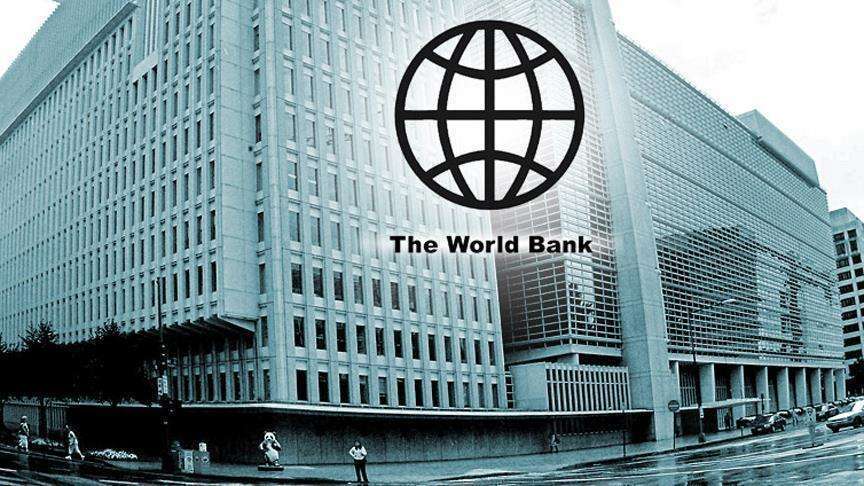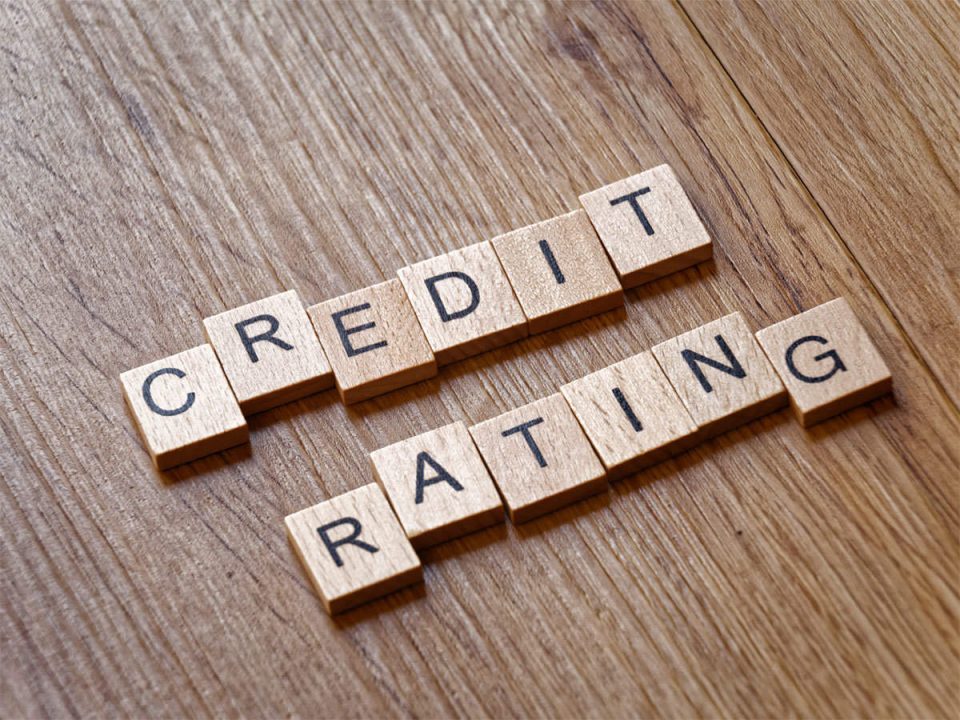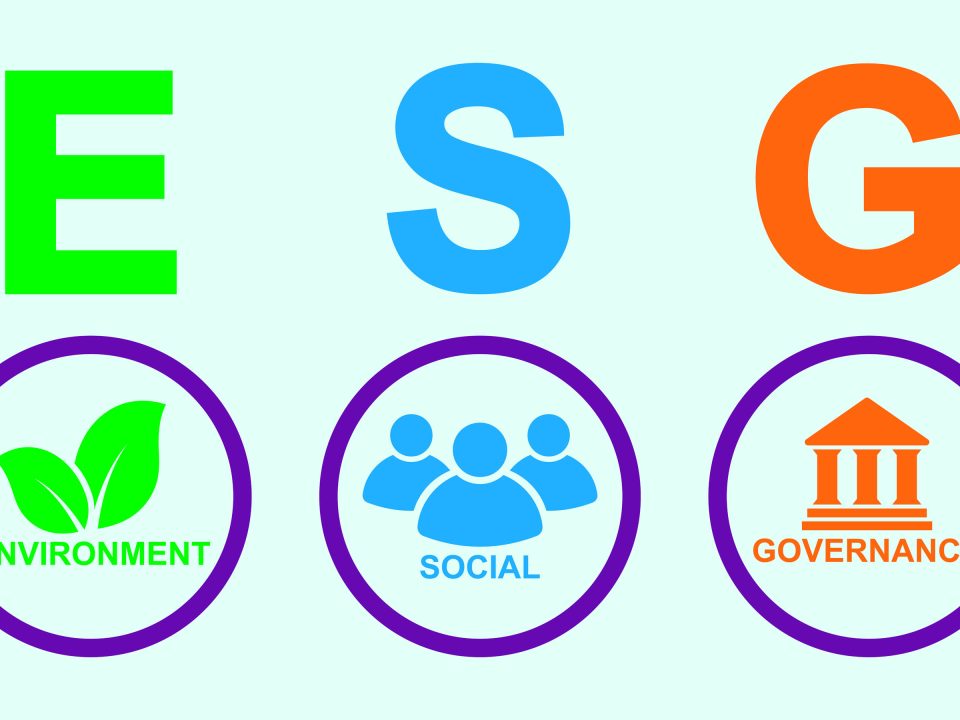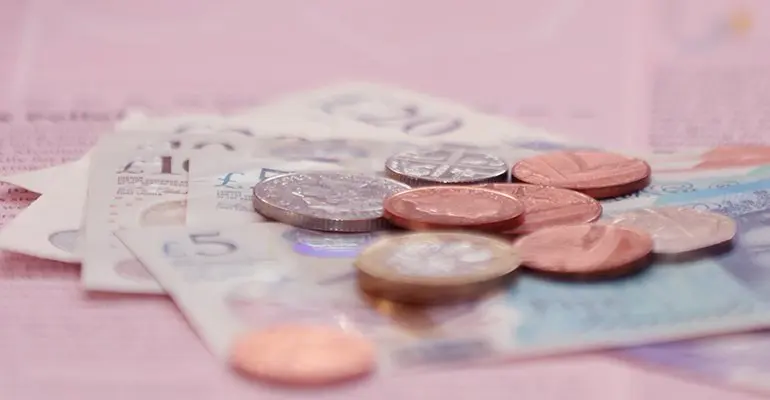
Resilience And Adaptation Measures For Africa
November 11, 2022
Financing Innovative Green Technology for a Climate-Neutral World
November 18, 2022African countries have made marginal progress in expanding the accessibility and reliability of electricity, energy efficiency projects, and protecting communities from the impact of climate change. Climate finance has rapidly progressed with several international corporations and multinational funders waded into climate change financing.
The World Bank Group is one of the world’s major financiers and a knowledge hub for developing countries with its five institutions sharing a commitment to reducing poverty, increasing shared prosperity, and promoting sustainable development. The five institutions are; the International Bank for Reconstruction and Development (IBRD), the International Development Association (IDA), the International Finance Corporation (IFC), the Multilateral Investment Guarantee Agency (MIGA), and the International Centre for Settlement of Investment Disputes (ICSID).
The World Bank Group has played a significant role in financing low-carbon, sustainable and resilient development in most developing countries by providing financial and technical support. For this year, the World Bank Group has made a giant step of investing US$31.7 billion in climate-related programs and projects, which exceeds the average target of 35% of the climate co-benefits target set out in the Climate Change Action Plan (2021-2025).
The Climate Change Action Plan (2021- 2025) objective is to advance the climate change aspects of the World Bank Group’s Green, Resilient, and Inclusive Development (GRID) policy, which aims to eradicate poverty and shared prosperity with a sustainability lens. The Action Plan involves support to countries and the private sector to exploit climate funding to improve resilience and adaptation, greenhouse emission reduction projects and programs. Also, the Plan gives support to biodiversity and ecosystem activities as a priority solution in both mitigation and adaptation measures. The role of the World Bank Group as a key strategic partner in climate funding in developing countries includes;
The World Bank Group has collaborated with private investors to accelerate growth in low-carbon projects. According to IFC’s article, ‘Climate Investment Opportunities Total US$23 Trillion in Emerging Markets by 2030’ indicated that private sector investment in low-carbon development has increased rapidly to over US$1 trillion annually. In this regard, the World Bank Group is mobilizing more private financiers for development as it embarks on a US$ 1 billion investment in battery storage and develops solutions to integrate wind and solar energy to increase reliability in developing countries. The project aims to finance 17.5 GWh of battery storage by 2025.
Further, the World Bank Group is supporting vulnerable communities to reduce the impact of climate change on their properties and livelihoods. For example, the Forest Carbon Partnership Facility will grant incentives to communities that minimize emissions from deforestation and forest degradation. This project’s goal is to reduce carbon emissions by at least 10 million tons by 2025 and encourage climate-smart cocoa production on almost 6 million hectares in Ghana.
The World Bank Group’s continuous support to developing countries indicates its full commitment to the fight against the climate change menace across the continent.




